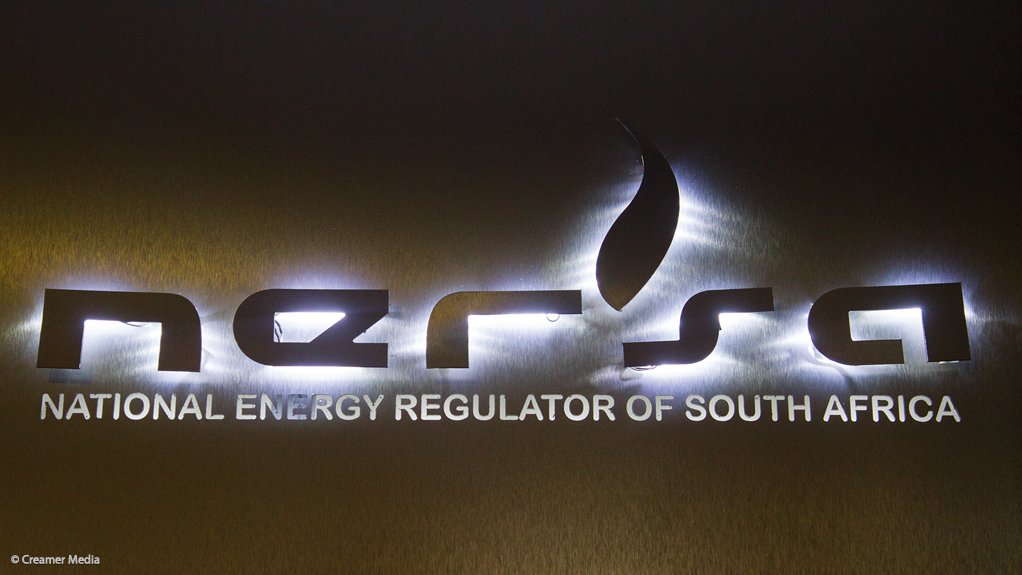/ MEDIA STATEMENT / The content on this page is not written by Polity.org.za, but is supplied by third parties. This content does not constitute news reporting by Polity.org.za.
The Energy Regulator, at its meeting of Thursday, 15 March 2018, set the Petroleum Pipelines System tariffs that will allow Transnet to realise a 26% increase in Allowable Revenue (AR) compared to the 2017/18 tariff period. This translates to a 19% tariff increase for the Durban to Alrode destination.
If the Minister of Energy decides to use the pipeline tariff as a proxy for the cost of transporting fuel from Durban to Johannesburg, as has been the case in the past, the consequent increase of 19% will result in an increase of approximately 6.57 cents per litre (c/l) in the petroleum transportation levy for the Durban to Alrode destination.
On 31 October 2017, the Energy Regulator received the Transnet tariff application for the 2018/19 and 2019/20 tariff periods, as a condition of its licence to operate its Petroleum Pipelines System (PPL.p.F3/20/1/2006). As a result of, amongst others, prior inaccuracy by Transnet in forecasting both the costs and timing of the New Multi-Product Pipeline (NMPP) assets to be taken into operation; and the tariff application not being submitted on time by Transnet, the Energy Regulator decided to solely consider setting the tariffs for the 2018/19 tariff period. The tariffs are set for a period of one year, from Wednesday, 4 April 2018 to Tuesday, 2 April 2019.
Transnet applied for an increase of 36% in AR: from R4 189.25 million, as approved by the Energy Regulator in the 2017/18 tariff period, to R5 681.25 million for the 2018/19 tariff period. This would have translated to a 28% increase in the tariffs. Transnet attributed this increase in AR firstly to the fact that it has brought its Tightlining Assets at Island View Terminal in Durban (TM1) and its Inland Terminal (TM2) assets into operation, and secondly to the anticipated clawback adjustment due to the timing or date at which these assets were admitted into the Regulatory Asset Base (RAB).
The Energy Regulator, concerned with higher tariff increases and taking due regard of the recent increases in the fuel levy and value added tax (VAT), decided to cushion the adverse effects of the significant tariff increases on the end user by utilising the clawback mechanism.
The Energy Regulator decided to defer a net giveback totalling R254.34 million due to Transnet in the 2018/19 tariff period, emanating mainly from the commissioning of the TM1 Tightlining Asset four months earlier than Transnet’s projection in the 2017/18 Tariff Application, as well as the increase in the cost of some NMPP assets allowed in the 2017/18 tariff decision. It should however be understood that the RAB would still be subjected to further audit, verification and prudency assessment, as part of the Energy Regulator’s process.
The deferment of the net giveback results in a 26% increase in AR from R4 189.25 million to R5 276.68 million, compared to the 36% increase requested by Transnet. The Alrode tariff will then increase by 19% (to 41.18 c/l), compared to the 28% increase (to 44.34 cents c/l) requested by Transnet. In arriving at its decision, the Energy Regulator weighed a variety of factors, including public interest, regulatory certainty, and Transnet's forecasts for the completion of certain aspects of its NMPP project.
As there still appears to be scope to shift volumes away from road and rail, the Energy Regulator will continue to monitor the transition of these volumes to the generally most cost-effective mode of transportation of petroleum and petroleum products from the coast to the inland area, namely the pipeline system.
Issued by NERSA
EMAIL THIS ARTICLE SAVE THIS ARTICLE ARTICLE ENQUIRY
To subscribe email subscriptions@creamermedia.co.za or click here
To advertise email advertising@creamermedia.co.za or click here











